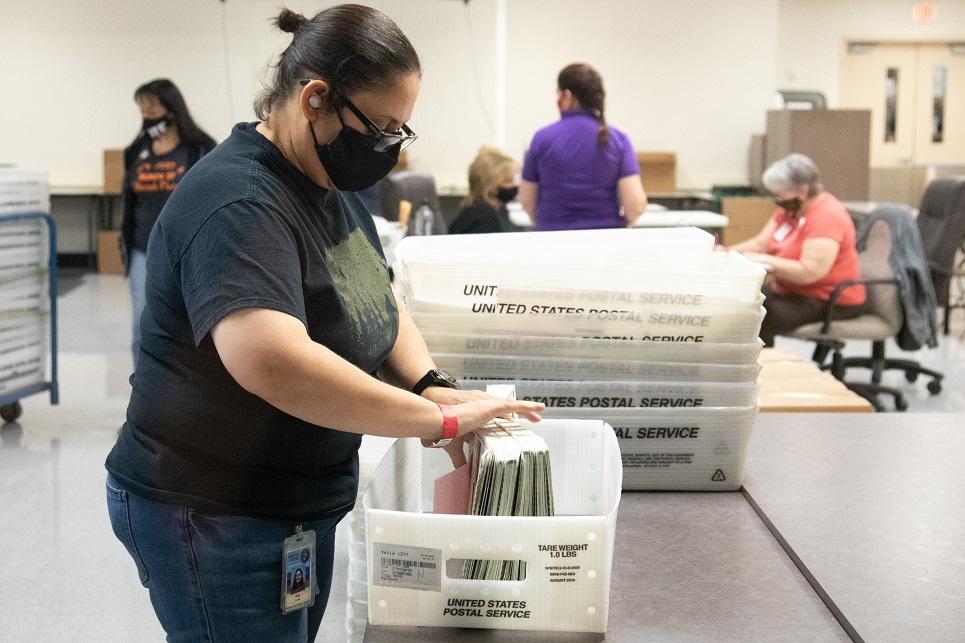A federal judge in Arizona has denied a request by attorney Sidney Powell’s team for an extension in an upcoming hearing so that expert witnesses can testify before the court.
Powell’s team made the request in its recently filed Arizona case, which alleges that manipulation to election software and other fraud in the state resulted in violations in the U.S. Constitution and state election laws. The lawsuit also claims that at least 400,000 illegal ballots were counted in the state’s 2020 general election.




